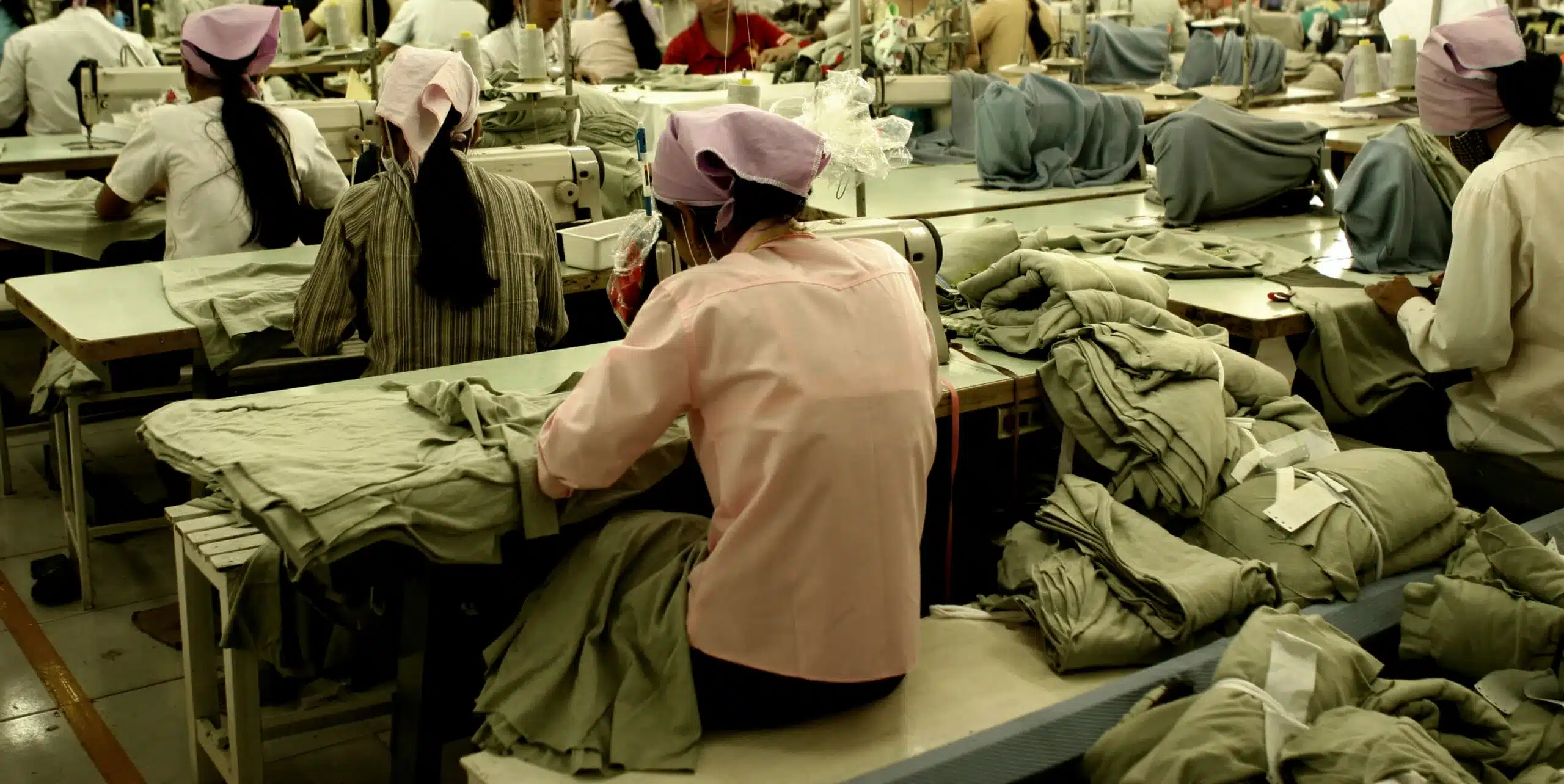Resource Platform
The SheSupplies resource platform is a comprehensive collection of practical tools, publications, and best practices compiled from a range of highly respected and expert authorities, organizations, and industry leaders. Each resource on the platform is carefully curated and has a clear gender lens, providing valuable guidance and support to organizations on their journey to enhance gender equality in their supply chain through their sourcing and procurement practices.
The platform’s resources cover a broad range of topics, including gender-responsive procurement policies and practices, risk assessments, monitoring and evaluation frameworks, capacity building, and partnership brokering, among others. By leveraging these resources, organizations can gain insights and practical guidance from leading experts, empowering them to implement more socially sustainable and gender-inclusive supply chains.
About the Resource Platform
Publications
We have selected publications to clarify how women are impacted in global supply chains and its effect on your business. Addressing sourcing and procurement issues is crucial for women and your business. Women face impacts in various sectors like food, farming, textiles, technology, and more. These publications address gender-based discrimination, harassment, the pay gap, limited resources, cultural biases, and unequal opportunities. Understanding gender inequality is vital for effective change.
Tools
Numerous strategies and actions can be employed to enhance gender equality in your supply chain. We have gathered valuable insights on implementing meaningful change within your business structure. Additionally, we have curated a collection of tools aligned with each of the six steps outlined in the OECD Due Diligence Guidelines. These tools offer practical guidance for advancing gender-focused procurement in your business, enabling you to progress effectively and efficiently.
Case Studies
We present evidence supporting the need for a gendered focus in supply chains. Our collection includes statistics, case studies, and reports that offer real perspective on women’s challenges in sourcing and procurement. Addressing these issues improves business performance. This compilation covers diverse industries and nations, providing qualitative and quantitative data on gender in supply chains.
All Resources
Ethical Trading Initiative: Gender Inequality in International Supply Chains: Snapshot Analysis
Data report based on garment industry, giving some recommendations like taking a strategic rights based appproach, improving social audit systems and data collection with the involvement of women and collaboration across organisations eg NGOs or governments.
WEConnect: The Business Case for Global Supplier Diversity and Inclusion
This report looks at various forms of diversity, as well gender, including LGBTQ+ people, disability, ethnicity, informal labour and more. Focussing on centralized procurement strategies, verification and certification and supplier development.

Publications

WEConnect: The Business Case for Global Supplier Diversity and Inclusion
This report looks at various forms of diversity, as well gender, including LGBTQ+ people, disability, ethnicity, informal labour and more. Focussing on centralized procurement strategies, verification and certification and supplier development.
Workplace Gender Equality Agency – Gender equitable procurement and supply chains
This Australian report highlights benefits of gender equitable procurement, and provides helpful ways to improve.
Tools

Women Win – Gender Responsive Procurement Playbook
Based on the Dutch market, this report highlights the importance of sourcing from women owned businesses, evaluating the gender policies of a supplier and requiring women led teams.
United State’s Agency for International Development (USAID) – Engendering Industries: Organizational Goal Setting for Gender Equality and Inclusion
Document with goal setting guidelines: long-term, medium-term, short-term. Some policy suggestions such as sexual harassment training, flexible work schedules, gender inclusive recruitment.
United State’s Agency for International Development (USAID) – Engendering Industries: Setting Strategic Gender Equality Targets
Target setting tool based on SMART princples: specific, measurable, achievable, relevant, time-bound.
OECD Due Diligence Guidance for Responsible Business Conduct
The OECD Due Diligence Guidance for Responsible Business Conduct is a globally recognized publication that outlines the process of enacting responsible business conduct. It consists of six specific steps for due diligence, helping minimize and eliminate supply chain risks. At SheSupplies, we adhere to this six-step format and offer relevant documents for each step. Our practical tools include policy recommendations, human rights assessments, risk management roadmaps, questionnaires, training programs, instruction manuals, grievance mechanism guides, and more. Utilize these tools to align your business practices with the OECD Guidance.
Step 1
Embed responsible business conduct into policies and management systems
Step 2
Identify and assess risks associated with the enterprises operations, products or services
Step 3
Cease, prevent and mitigate adverse impacts
Step 4
Track implementation and results
Step 5
Communicate how impacts are addressed
Step 6
Provide for or cooperate in remediation when appropriate
Case Studies
Ethical Trading Initiative: Gender Inequality in International Supply Chains: Snapshot Analysis
Data report based on garment industry, giving some recommendations like taking a strategic rights based appproach, improving social audit systems and data collection with the involvement of women and collaboration across organisations eg NGOs or governments.
World Economic Forum – Global Gender Gap Report 2020
An extensively detailed report presented by the World Economic Forum surrounding the gender gaps in various forms, industries and countries.
World Benchmarking Alliance – Gender Benchmark 2021: Insights Report
Report of key findings in various global companies, these findings include a lack of ambition for transformative change, a lack of preparation for pandemic threats, more work needed in supply chains, and a lack of gender data.
Women’s Empowerment Principle’s (WEPs) – A snapshot of 350 companies in the G7
A data report based on 7 gender focussed key principles: corporate leadership, fair and non-discriminatory treatment, health and safety, promotion of education and training, positive enterprise and supply chain development, community initiatives and measuring and...
United Nations Women (UN Women) – Building Gender Responsive Procurement: Lessons from Research and Practicement
Report analysing findings from gender-responsive procurment implemented practices in in a range of nations, mostly in Africa. Highlighting key problems and future recommendations such as institutionalising a rights based approach, with an intersectional lens to...
United Nations Women (UN Women) – Empowering Women through Public Procurement and Enabling Inclusive Growth
This report summarises some of the ways in which women are disadvantaged within public procurement, such as limited access to finance and gender biases and how to identify female led businesses, whilst also tracking improvement in gender commitment.
Stay Up to Date With The Latest News & Updates
Email Us
Send us an inquiry on our email and we shall be quick to respond
info@shesupplies.org
Follow Us
Follow us on our various social media platforms to stay updated with our news.
